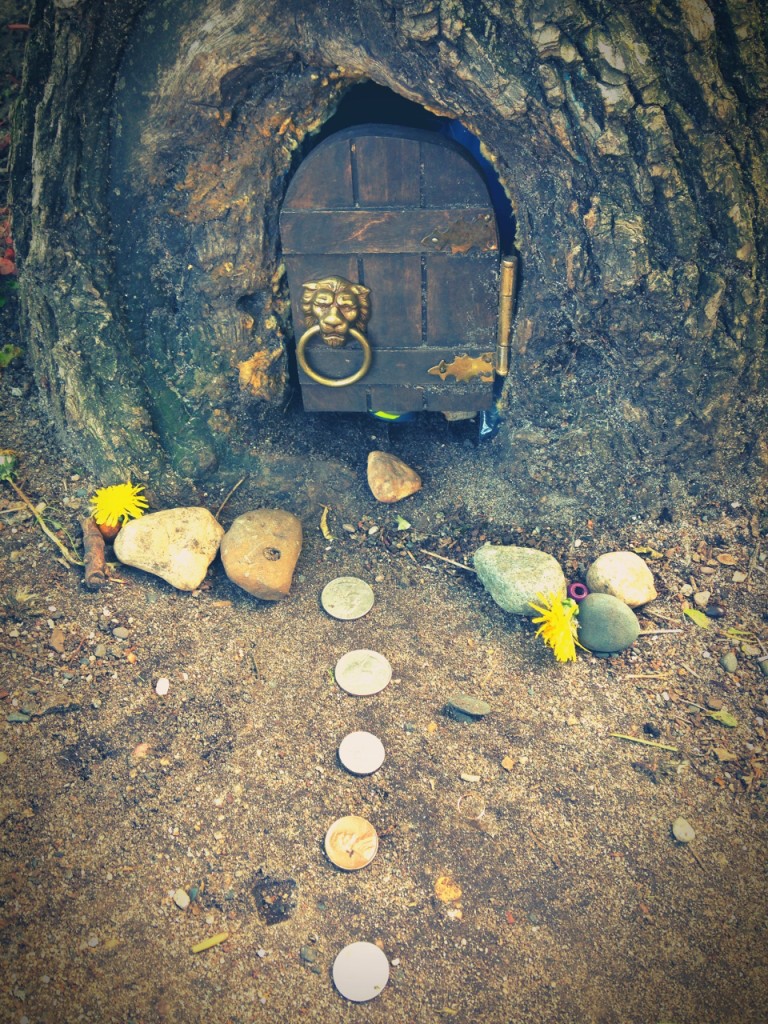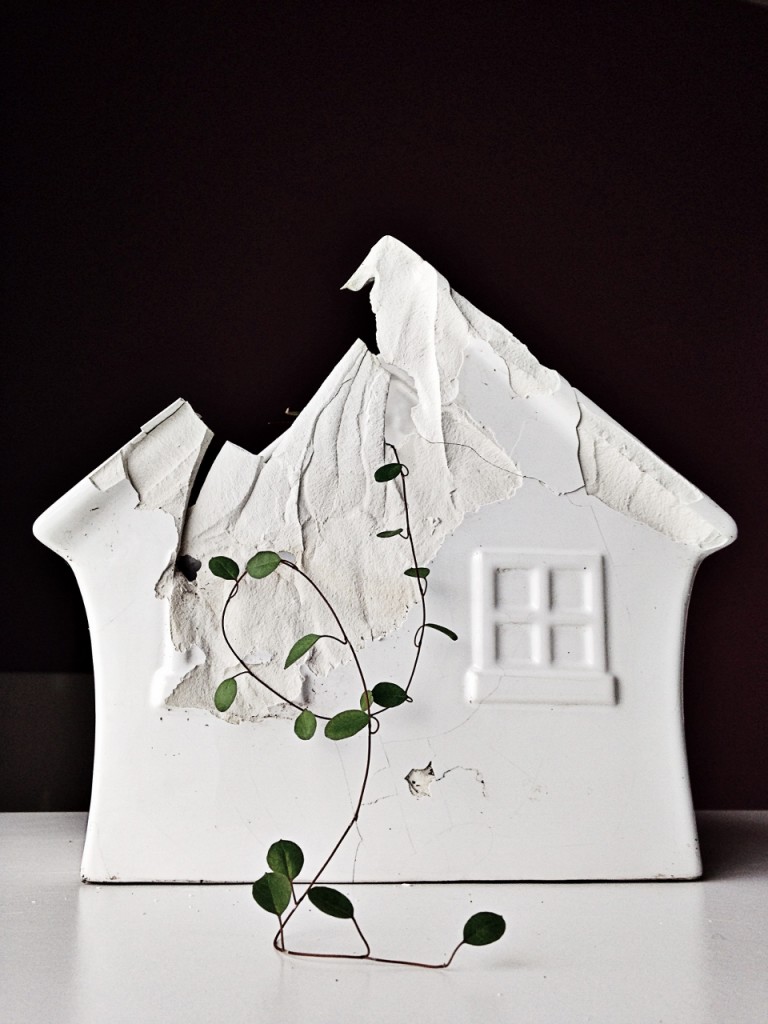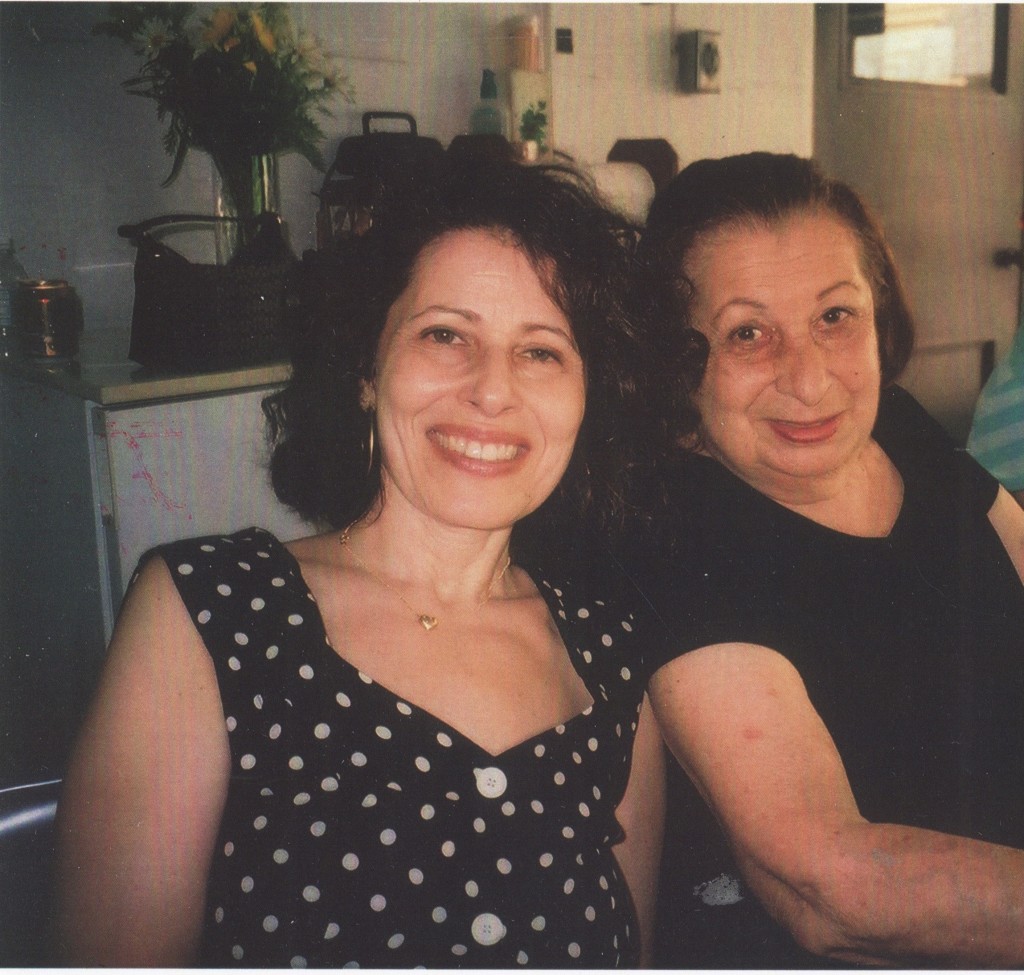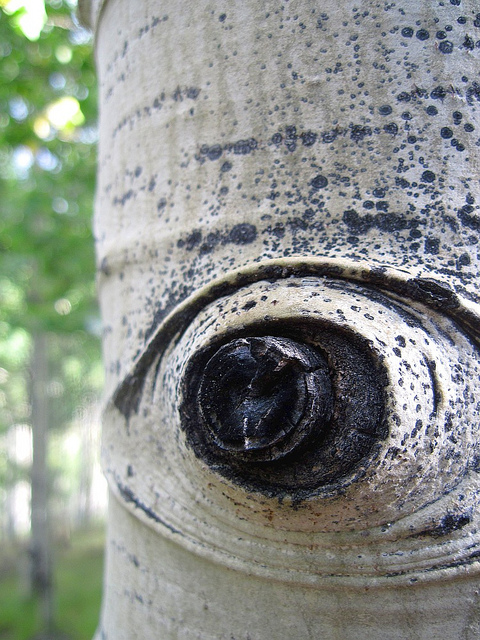
By Chareen Ibraheem
I hoped to say goodbye to it in 2015. But the year ended and I was still here.
So many factors revolve around being homeless. I can look at the factors all day long, and we as a society can engage and look at the factors all day long. But the truth of the matter is I can only look at myself.
I was always uneasy with looking at myself in the mirror, even as a child. But I find it even harder to do now. I may glance at myself for a minute to make sure my cornrows are neat and well kept, but when I look in the mirror—I mean really look in the mirror—I see the embarrassment of the adult I’ve become. I see an embarrassment to the little girl I was, who grew up in the projects of Brooklyn, New York. I haven’t been fair to the little girl who loved to create, create something, and create anything that would lead her away from the harsh reality of the projects. Her imagination was her key to unlock her way out, her creativity the strength to push open the door. To a world of possibilities, or so she thought.
I’m watching myself in the mirror, standing over a sink and trying to squeeze enough water out of my washcloth to quickly wash before someone in the church (where I will stay tonight out of the cold) needs to come in. I monitor the door and try to finish up, and I think about how I got to this point in my life. Especially with two college degrees. I didn’t think an A.S. in Theater and a B.A. in English were so great, but down here where I am located, it’s like a prize just to finish high school.
Someone bangs on the door and curses that they need to use the bathroom. Sighing, I turn off the water, dry off, and put fresh clothes on (especially underwear, since they’re scarce around here for women). Opening the door, I walk past a young guy who is looking at me all angry. I ignore him as I walk over to my mat, squinting my eyes in the semi-darkness. On several other mats, some people are whispering in conversation, others cough, and some have settled down for the night.
I finally spot my mat that has a small red blanket on it, and my heart soars with relief, thankful to be indoors from the cold. Except for the hardness of the mat, it’s okay. It’s much better than sitting in an airport, hospital, or stairway building all night. Removing my dirty sneakers that already have holes formed in them, I step onto the mat and lie on it, but not before trying to find a comfortable spot. When I do, I adjust my now-dirty cross bag like a pillow and lay my head on it.
Immediately my mind starts to wander back to a time—eight years ago, in another state—when I sat at a bar in a strip club. I don’t want to go there; I often pray I don’t. I fight hard to move on from that chapter of my life as well as other chapters, but the human brain is fascinating at recapturing things you don’t want to remember.
•••
This was not my first time being met with homelessness. You’d think after years of knocking on doors for jobs, jobs in my field, any kind of jobs, I would be settled by now. But, it hasn’t worked that way. I’ve run around town, dressed in my best interview clothes, and talked in my proper professional etiquette, and I’ve had years of experience working in corporate office setting. How many closed doors in one’s face can one take? No criminal background, no drugs, no illegal history of any kind. That would hinder me to getting that “dream” job that I dreamed since I was a child. Timing? Maybe. Years of inquiring, and still knocking, honing skills needed the best as I could.
I was weary. I fell into a deep dark depression, and I couldn’t see my way out of it. Usually I could, but this time, it was like a black hole that sucked me in deeper each day. Destructive habits were starting to resurface, ones I had long tried to suppress, work on, or pray about. But they found a way back, a door open, and a trigger. Growing up in a family full of destructive habits, it was easy to fall into the same pattern.
Not able to meet a motel room I stayed in briefly, I headed down to the local city shelter. It was place that was surrounded by all kinds of people that were destructive on many levels. Strangely enough, I felt at home. I felt a kind of high being there. This was my first time in one. Feeling alone and abandoned by family, church, and friends, I didn’t care. Old thoughts of sexual abuse as well as other abuse I faced as a child kept popping up in my mind. Years of trying to “let it go” had not worked for me. Suddenly it was like a gulf overtaking me, the years of rejection gnawed at me.
I guess it made sense—I was just rejected by a guy I was semi-getting to know a few weeks ago. I felt the need to prove myself and show him I was what he wanted.
All around me I heard bits and pieces of conversation about local strip clubs in the area. The idea to feel beautiful and sexy at the same time and become every man’s fantasy was alluring. Not to mention, I heard if you were “good” at what you did, the money rolled in rather quickly. Naive to this, I didn’t understand all of what “good” meant.
A woman who was a former stripper said to me, “You’re not ready,” when I asked her about it. She briefly schooled me on the basics of the “business,” and the more she talked the more excited I became. It sounded like a glamorous lifestyle. I was feeling desperation and a need for attention from this guy, so I took what I wanted from our talk and ignored the rest. After all, it was only one night. What would it hurt? I had nothing to lose. I couldn’t get any lower than where I was.
I had heard about amateur night at this local club everyone knew about, where all you wear is a bikini and dance for money. Sitting at the bar, I watched a nude woman with stilettos on stage dance, surrounded by colored lights. I was mesmerized by how this woman boldly worked the pole, dancing in sync to the hip hop and R&B music, moving in time with the music. Men threw money gracelessly at her feet. Excitement building in my chest, I wanted to be like this woman, who was not only attractive but had men falling at her feet. I felt self-conscious about my apparel: no bikini, but jeans and sneakers. Not to mention my puffed-out relaxer and slight odor from not being able to use the showers at the shelter that day.
I turned towards the bar and ordered a Hennessey and Coke. I took a sip, enjoying the way it tasted on my tongue. I wasn’t a drinker, but this was what I needed. As I sipped my drink, I causally chatted with a guy who sat next to me. I held onto my drink and watched him carefully. He encouraged me to get up on stage and said I could do it.
Insecurity settled on me like a familiar blanket, and I again scanned the room to see women in bikinis and thongs handing out drinks to guys at the tables. Their hair and makeup fixed in sexy styles, neatly done, they skillfully walked in stilettos. I kept wondering what was I doing there. These women were gorgeous. They had an art to dancing and working the pole that I would never master, I thought.
I ordered another Hennessey and Coke. I felt like I was inside a dream, a hazy dream. The pulse of the music sounded out sexual and raunchy things to be done. Time was going by quickly. I wanted desperately for the guy to call me back and say, “Shorty, I am on my way.” (He always called me shorty). But in the whole hour, his phone just kept ringing and going to voicemail. Left messages. No answer. Glancing at the door now and then, I still expected him to walk through the door. I was frustrated and hurt. I stopped calling. I imagined he must be laughing at me with his chick. Taking another sip, it went down my throat easily again.
A couple of drinks later, I felt myself loosen up as I relaxed and waited for them to call us new girls to the stage. All the while I felt myself falling into a deeper depression. If this was it for me, I at least wanted to enjoy the night. Death was on my mind. I felt it all around me. I didn’t care. I didn’t want to live anymore. Consumed with my thoughts as I listened to the music, a loud voice snapped me out of it.
“IT’S AMATEUR NIGHT LADIES! TO THE STAGE!” I looked up at a short guy with a booming voice. The guy in the seat next to me waved me on and winked. I grinned slightly at him. The music was lowered a bit. My favorite song by rapper TI—”You Could Do Whatever You Like”—was playing.
I asked the female bartender, “Is it time?”
My head felt woozy as my heart beat against my chest. I steadied myself on the bar stool.
“Yeah,” she said eyeing me briefly, before she gave the guy next to me a quick glance. I quickly jumped off the seat and followed behind a group of girls to a back room. I noticed everyone else had their bikinis on, and I didn’t have anything.
“Here.” A girl threw a bikini set to me. It landed easily in my hands. “Keep it.” Nodding, I rushed to the bathroom and tried to wash myself.
Doing the best I could with a small piece of soap and paper towels, afterwards I changed into the bikini, so small the thong part showed my butt cheeks. I guess this was supposed to be the desired effect. Adrenaline pumped through my veins—just the excitement of it was like drug.
Before I hit the stage, I tried to straighten out my semi-afro with my fingers and some water. I really wished I had found someone at the shelter to cornrow my hair for me. For free. Glancing at myself one last time, I looked down at my shoes. Church shoes, it looked like, with a heel. Not cool. But this was all I had. Everyone said it was okay. It was just “amateur” night. This was to see if they really wanted to keep you.
“Okay, ladies, let’s go!” a woman said outside the bathroom.
I took a deep breath, walked out, and headed to the stage with the other girls. At first, I danced with the other girls as a group, my nerves and fears getting the best of me.
It was different from what I had imagined. When it was my turn, I danced solo. My name was “Candy, and as I danced, I felt some money hit my leg and foot. Pleased, I kept moving until my turn was up.
Backstage, the lady who worked at the club grabbed my arm and said, “You gotta fix yourself up more, then you’ll have a chance.” I nodded and went to change. I knew I shouldn’t, but the wheels in my mind kept spinning as to who I could find to do my hair and coach me some more.
It was an early October morning and dark outside. I prepared to stay in the club until daylight when a big, built guy with glasses appeared in front of me and asked if I needed a ride. “Sure, thanks,” I said, uncomfortable.
“Come on.” He waved me outside. I followed as I tried to push away the advice the lady at the shelter gave me a few days ago.
I hopped in the black Jeep and slammed the door. He made small talk along the way. His car swerved the car a bit as we rode down the dark road. “I liked your dancing,” he said, taking turns eyeing me and the road.
I wasn’t the slightest bit interested in him at all. I laughed, smiled, and flirted a bit to try to buy time.
“You live around here?”
“No.” I shrugged my shoulders coolly. “With a friend downtown.” I held tight to the twenty-five dollars he threw at me on stage.
“I really liked what I saw. You’re sexy,” he said, staring at me in the dark car as we sat waiting for the light to change. We were almost downtown. My heart was doing flip-flops. I was for this ride to be over.
“Let me give you my number,” he said.
“Yeah, let me get it,” I said calmly, with a giggle in my voice.
We were finally downtown, and he quickly wrote down his number. “Call me.”
“I will.”
“Let me get a hug, shorty.” Expectation still lingered in his eyes.
I moved over and hugged him, and he squeezed as he hugged me. Smiling, I told him, “I’ll call you.”
We moved away from each other and I quickly grabbed the handle and got out of the Jeep. With one finally smile and a wave, I walked away quickly around the comer. Leaning against a wall, I closed my eyes and took a deep breath. I waited for my breathing to return to normal. Then I opened my eyes and walked the few steps towards Landmark Diner, my favorite diner. I went inside and ordered my favorite meal.
As I ate, I thought about the events that took place. I was happy I had tried this new thing. A surge of excitement passed through me as I quickly pulled out my phone and redialed the guy again.
He picked up. “I see you’re answering your phone now,” I told him. I was nervous about what he would say next.
“What happened?” he asked a little too calmly. I went over the details with him. We stayed on the phone briefly because most of the time I was jotting down information he was giving me. He seemed impressed by my “attempt” at stripping so far and gave me a club to go to the next day and he said he would meet there. Although I was doubtful he would, my hopes still soared. This one would at least be closer to the shelter downtown.
I left the diner and headed back to the shelter. Things were busy as usual there, people trying to get help with getting placed, men standing outside looking for a hustle. People on in wheelchairs, drug addicts, pimps, prostitutes, women with children, women with baby daddies by their side. Impatient, sometimes grumpy, social workers.
I walked into the nearest bathroom ready to take a shower after getting a paper pass to do so. All that ran through my mind was getting ready for tonight. I’d find someone to do my hair to make it look halfway descent and find a sexier bikini this time and find someone to do my make-up. The excitement was building, the attention, the need to make more money, the glamor of it all.
I was about to step into the shower when, all of the sudden, I fell. My right ankle slammed against the floor hard. Not noticing the pool of water in front of me, I started to get up when the ankle or leg couldn’t hold me and I fell to the ground again. I cursed aloud, and I saw my right ankle begin to swell.
A lady who came in the bathroom, said, “Don’t move, honey. Someone gonna call the ambulance.”
She rushed out the bathroom. I sat there silently in shock, upset. My plans to self-destruct weren’t exactly working out as I had hoped. All I thought about was the guy I wanted to impress and how I wanted to be in his arms again. Really be in his arms, not some quick trip seeing me at a hotel room and that was it. I wanted to be his ride-or-die chick. I wanted to have his baby—I told him many times.
But I guess that wasn’t going to be. These thoughts went all around me, and that was more devastating than that my dreams of becoming a dancer were over.
I didn’t hear from the guy anymore. And when I did call, it was brief and or voicemail or a female who answered.
I wanted to die. I wondered why God had let me live. I hated my life. Not only was I homeless, but I was in a boot, walking around in crutches. I was reduced to nothing; the women in the shelter called me “Crutch.” What‘s up, Crutch?, You doin okay, Crutch? or Go, Crutch, as I struggled down the hall.
•••
As time went on, I stayed at different shelters for my ankle to heal—in the snow, rain and sleet at times—going out, to get clothes, documents needed, as well as information. That all basically led to nowhere. I was worn out, tired, hurt and confused.
People didn’t understand—that I would expect them to—that I wasn’t just homeless to be homeless. It was a reason behind it. I was struggling in life to get my life together. I was thankful I wasn’t in a corner of a shelter, rocking back and forth in a seat talking to myself, or receiving disability, or waiting for it to come, or waiting on child support. Or drug addicted. These were real problems to the shelter system people.
Not some woman who was clearly educated and so they thought she was trying to take advantage of the system. What was I to do when I pushed myself for years to get a better job more stability?
I still was with family until now. I don’t know, but maybe it wasn’t important. Maybe it wasn’t a big thing that my grandmother lived in a senior building, and for years the manager has been harassing me and her because the only people are supposed to be there are seniors. It doesn’t matter if I help her or go shopping for her, and still look for work and a place to stay for myself. It doesn’t matter that each day, I am on my grind. Doing what I have to do. Doesn’t matter that they threaten her if I continue to stay overnight with her. Where I have to try to sneak in and out just to have a place to stay. And after a while I am told I have to leave.
I guess it doesn’t matter or mean anything that I can’t stay with my mom in the projects I grew up in because the front door always locks to keep drug dealers and users out. And the only people who have the key are the people on the lease. Maybe it doesn’t matter that my mom has kicked me out of her apartment (if did get inside) and cursed me out and yelled at me and has physically put her hands on me.
Maybe that doesn’t matter to people because I am a grown woman and should be on my own. Not their problem. Maybe it doesn’t matter that the rest of my family doesn’t care. Again not their problem. I don’t know.
Maybe it doesn’t matter that I’ve traveled to another place to make a better life for myself and people seem kind at first, but then there is no money rolling in from you, and they tell you to leave. Or you return to their place at after looking for work all day and you can’t get in the house, or the key they gave you doesn’t work.
But in order get “help” from one of the shelter programs, you have to be literally homeless. If that was the case, then why couldn’t I get help when I was sitting in a chair in the airport, or sitting in the city hospital all night, or sitting in a stairwell of a building hoping no one would catch me just so I could be off the streets for the night? Then to go back to the local woman’s shelter to shower and eat lunch, but at three p.m., I have to leave, only to do this all over again until the shelter program for the week at a church opens up. Where I can lay on a floor on a mat. It wouldn’t bug me so much if I wasn’t still dealing with this right now in my life.
Yes, I am still dealing with this.
I am grinding every day to find work, more than temp that I’ve done many years now so I can at least secure a steady place to stay of my very own. I have to catch myself many times.
That child that once dreamed in the projects of Brooklyn still resurfaces a lot especially times like this. I have to tell that child, you’re an adult now—stop fantasizing about winning that Oscar and having your favorite actor by your side as you receive it. I try not to think about how I want to complete this novel I’ve tried to work on for years so I can make my grandmother proud. That how she took care of me most of the time was not in vain. I try to tell that little girl on a day like today when depression sets in, and I know she’s crying inside of me thinking about the abuse she suffered and the physical violence she witnessed and experienced. I tend to her for a minute—just for a minute—because if not she’ll want to live in the past and this is not the time or day to be stuck in the past.
This is not for people to feel sorry for me. I don’t like that. It’s to know and try to understand that not all homeless people are the same. But as I’ve sat, eaten, and slept with the homeless, I see that I have things in common with the women. The need to be loved and cared for, broken pain now and in the past, needing to get our lives together.
The only difference is I can say I am here because of God. No other reason. Why, I don’t know. But all I can do is stay on my grind one day at a time and hopefully make something wonderful happen out of all this pain and suffering. Maybe.
•••
CHAREEN IBRAHEEM is a writer living in Portsmouth, Virginia.

 Follow
Follow


